In the construction and industrial fields, the choice of pipeline system is directly related to the service life and safety of the project. Steel mesh composite pipe and steel mesh skeleton composite pipe are two common composite pipes, each with unique advantages. This article will make a comprehensive comparison of these two pipes in terms of structure and performance to help you better choose the right pipe.
Comparison of structure and manufacturing process
1. Steel mesh composite pipe: Steel mesh composite pipe is to wrap the steel mesh in the middle layer of the plastic pipe, so that the pipe has higher pressure resistance and impact resistance. This structure effectively combines the light weight of plastic and the strength of steel, and is suitable for high-pressure transmission systems.
2. Steel mesh skeleton composite pipe: Steel mesh skeleton composite pipe is to wrap steel wire or steel belt in the pipe skeleton in a spiral shape to make its overall structure more stable. This process further enhances the pipe's ability to resist deformation and high pressure, and is particularly suitable for scenarios with higher strength requirements.
Performance comparison
1. Pressure resistance and impact resistance
The wire mesh composite pipe performs well under high pressure conditions and is suitable for medium pressure environments such as municipal water supply and natural gas transportation.
The steel mesh skeleton composite pipe is superior in impact resistance and high pressure resistance due to its more stable structure, and can be used in scenarios such as petroleum and chemical industries that require higher strength and pressure resistance.
2. Corrosion resistance: The plastic outer layer of both has excellent corrosion resistance, but the steel mesh skeleton composite pipe has a denser internal skeleton design, and its anti-corrosion performance is more stable in extreme environments.
3. Service life: Both pipes can last up to 50 years under normal use, but the steel mesh skeleton composite pipe performs more durable under high pressure and high impact environments.
In-depth understanding of the characteristics and application fields of steel mesh skeleton composite pipes
I. Product features
1. High pressure bearing strength and creep resistance: The steel mesh skeleton design of HAILI steel mesh skeleton composite pipe enables the pipe to have extremely high pressure bearing capacity, suitable for high-pressure environment and not prone to creep.
2. Excellent rigidity and impact resistance: The pipe has excellent impact resistance and has a low expansion coefficient similar to that of steel pipes, and is not easy to deform under temperature difference conditions.
3. Small fluid resistance and strong water delivery capacity: The inner wall of the pipe is smooth and scale-free, which reduces water flow friction, improves water delivery efficiency and effectively reduces energy consumption.
4. Strong corrosion resistance: The inner and outer layers are made of plastic material, with excellent anti-corrosion properties, and can resist corrosion from chemical substances such as acids and alkalis.
5. Lightweight and easy to install: The pipe is light in weight, easy to transport, and uses electric fusion connection, which is quick to construct and the joints are not easy to leak.
6. Excellent wear resistance: The pipe structure combines the advantages of steel and plastic, overcomes the rapid stress cracking phenomenon that is prone to occur in ordinary plastic pipes, and has high wear resistance, with a normal service life of up to 50 years.
2. Application Scope
1. Municipal Engineering: HAILI steel mesh skeleton composite pipe performs well in municipal engineering and is suitable for water supply and drinking water delivery systems of urban buildings, meeting application scenarios with high water quality requirements.
2. Chemical Industry: In the chemical industry, the pipe can be used to transport corrosive liquids such as acid, alkali, and salt, and is suitable for process pipeline systems and waste liquid discharge systems that require corrosion resistance such as textiles and printing and dyeing.
3. Metallurgical Mines: Steel mesh skeleton composite pipes are also widely used in mining and metallurgical fields. They can transport corrosive slurries and media, and are suitable for non-ferrous metal smelting and other scenes with high requirements for corrosion resistance.
4. Oilfields and Gas Fields: In the oil and gas industry, the pipe is used for long-distance pipelines such as oil and water. With its high strength and corrosion resistance, it ensures efficient transportation of oil and gas.
5. Agricultural Irrigation: The high strength and corrosion resistance of HAILI steel mesh skeleton composite pipe also make it an ideal choice for agricultural irrigation. It is suitable for transporting irrigation water, has high durability, and reduces pipeline maintenance costs.
Steel mesh composite pipes and steel mesh skeleton composite pipes have their own advantages. When choosing, you should make a comprehensive consideration based on the specific needs of the project, environmental conditions and budget. The steel mesh composite pipes and steel mesh skeleton composite pipes produced by HAILI have undergone strict quality control and can meet the needs of different engineering projects. If you need to purchase high-quality pipe products, HAILI is a good choice, and its quality is trustworthy.
298318.webp)
559.webp)
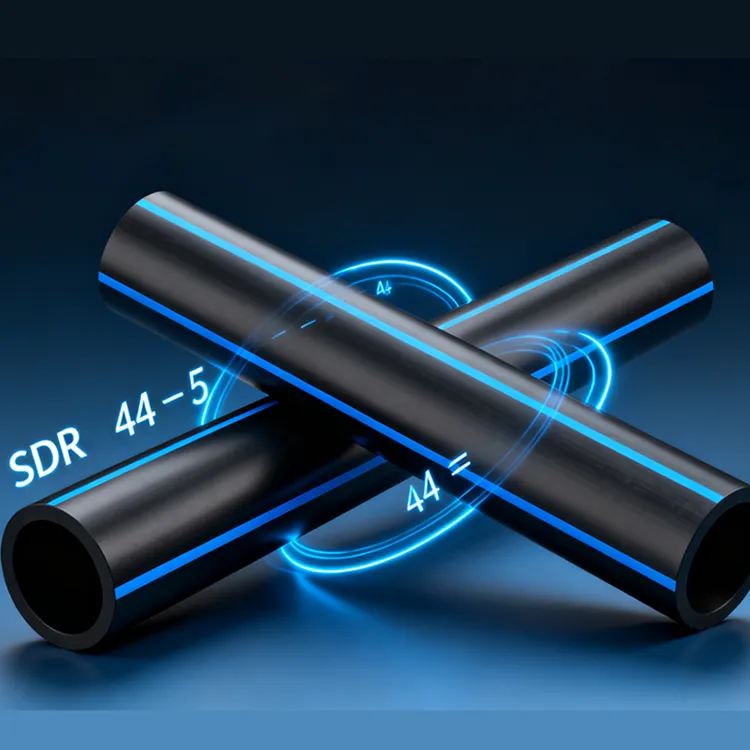
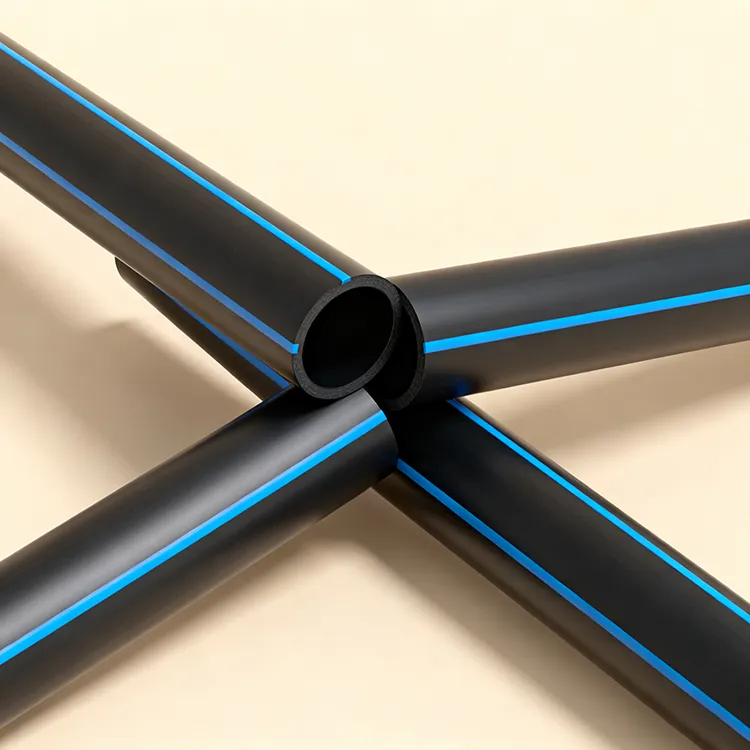
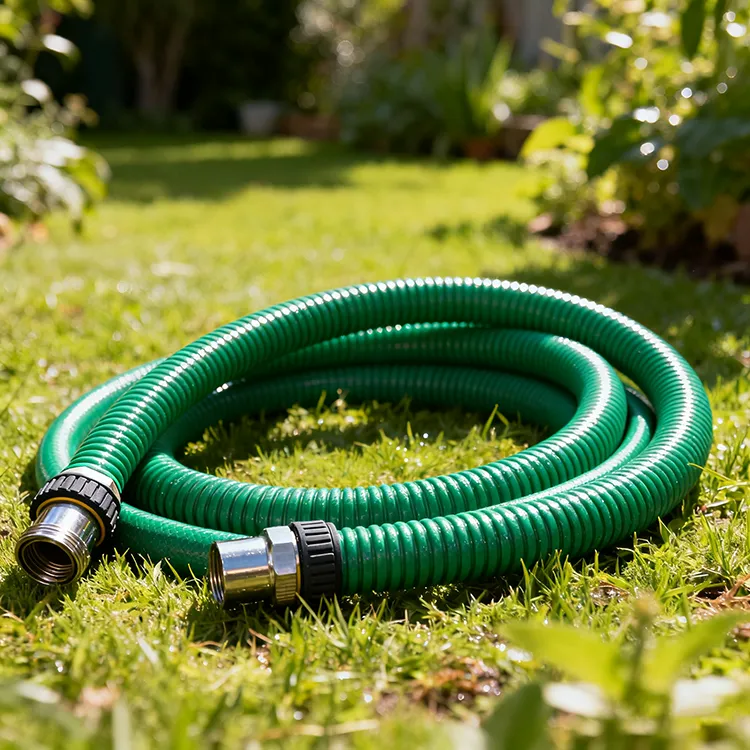
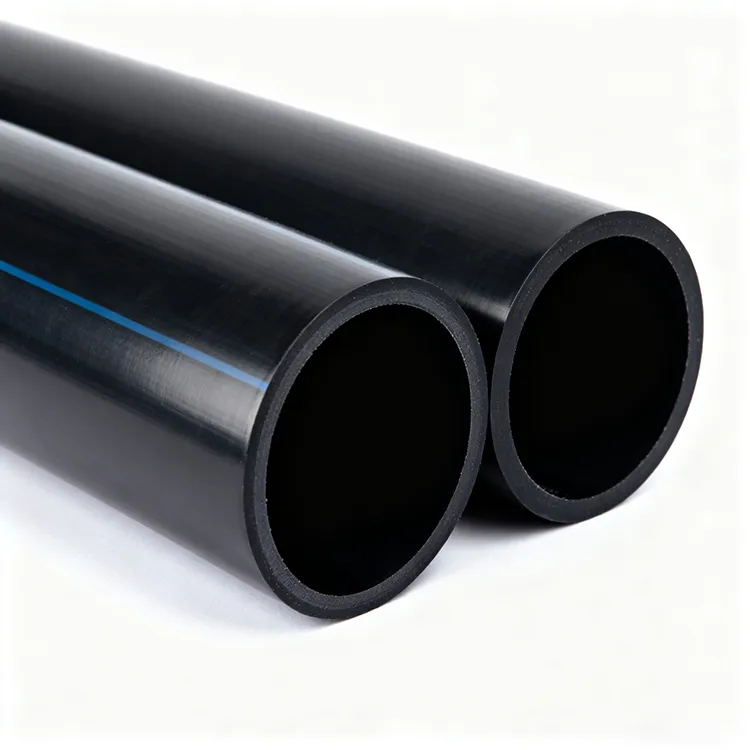
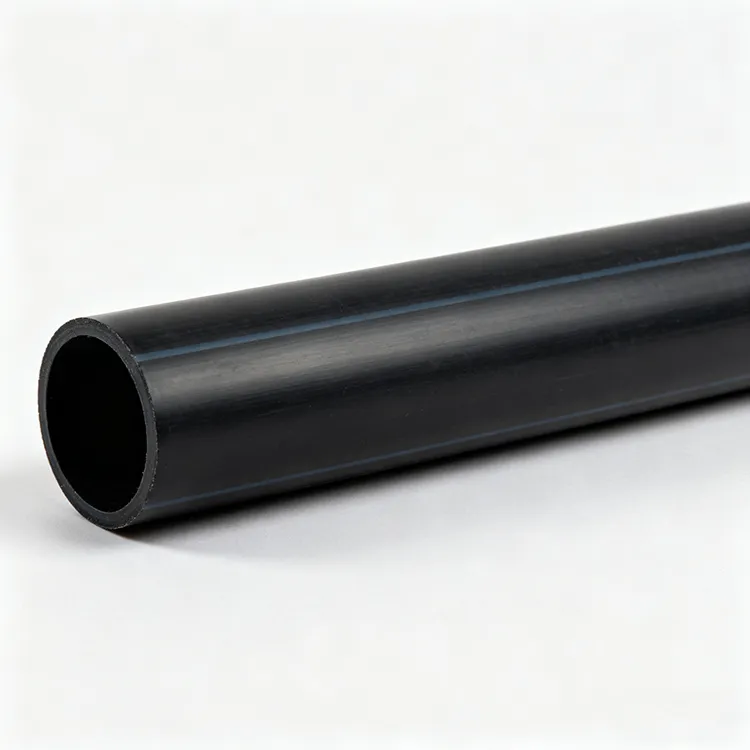
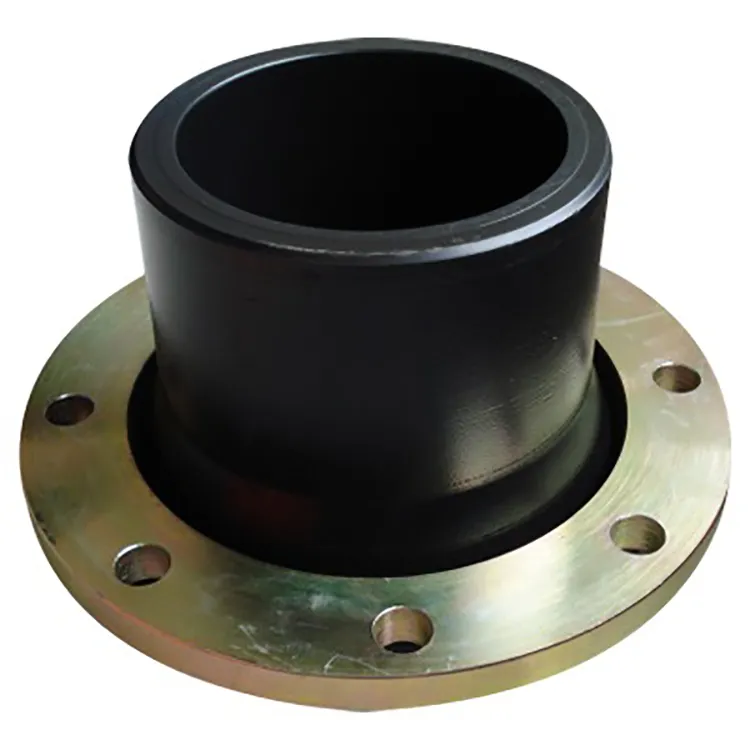
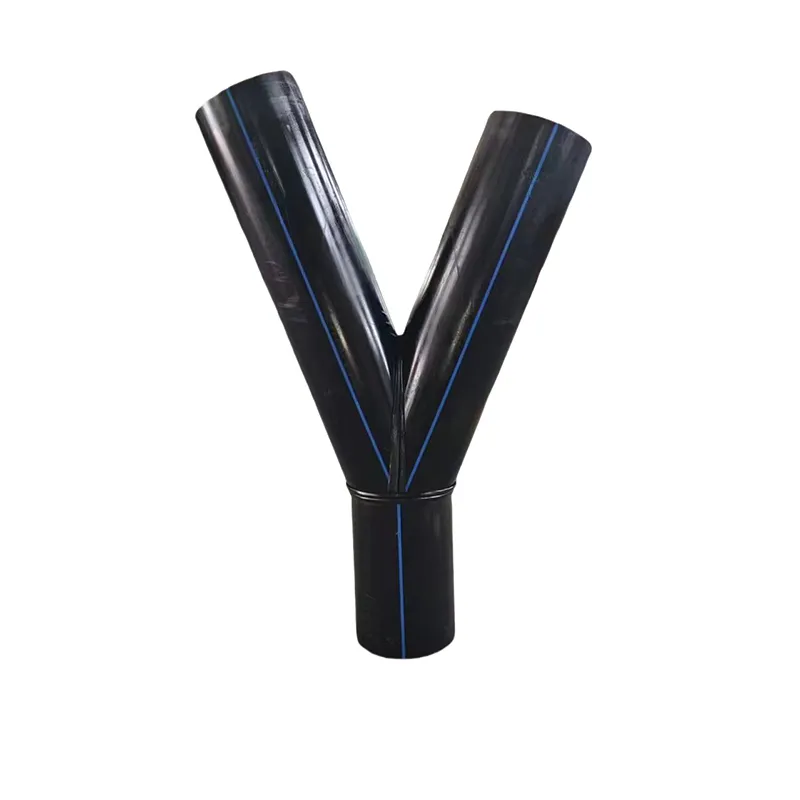
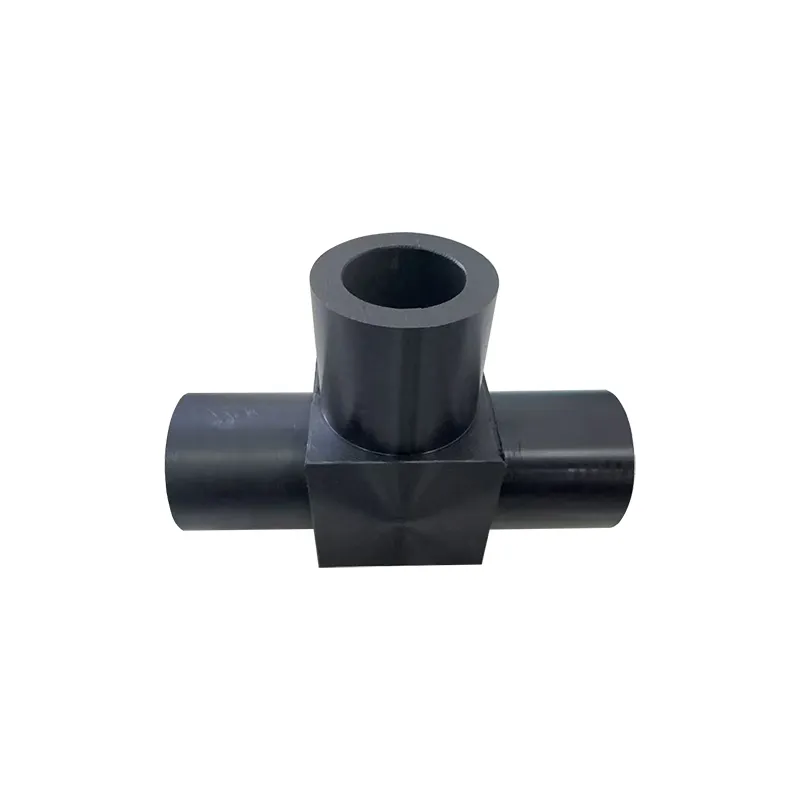
659.webp)
210.webp)
328.webp)
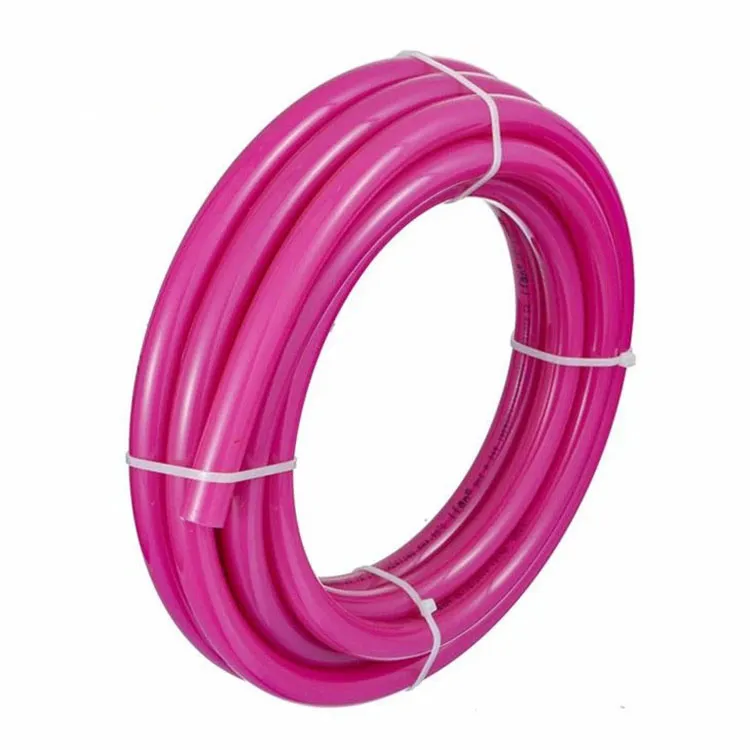
294.webp)
476.webp)


